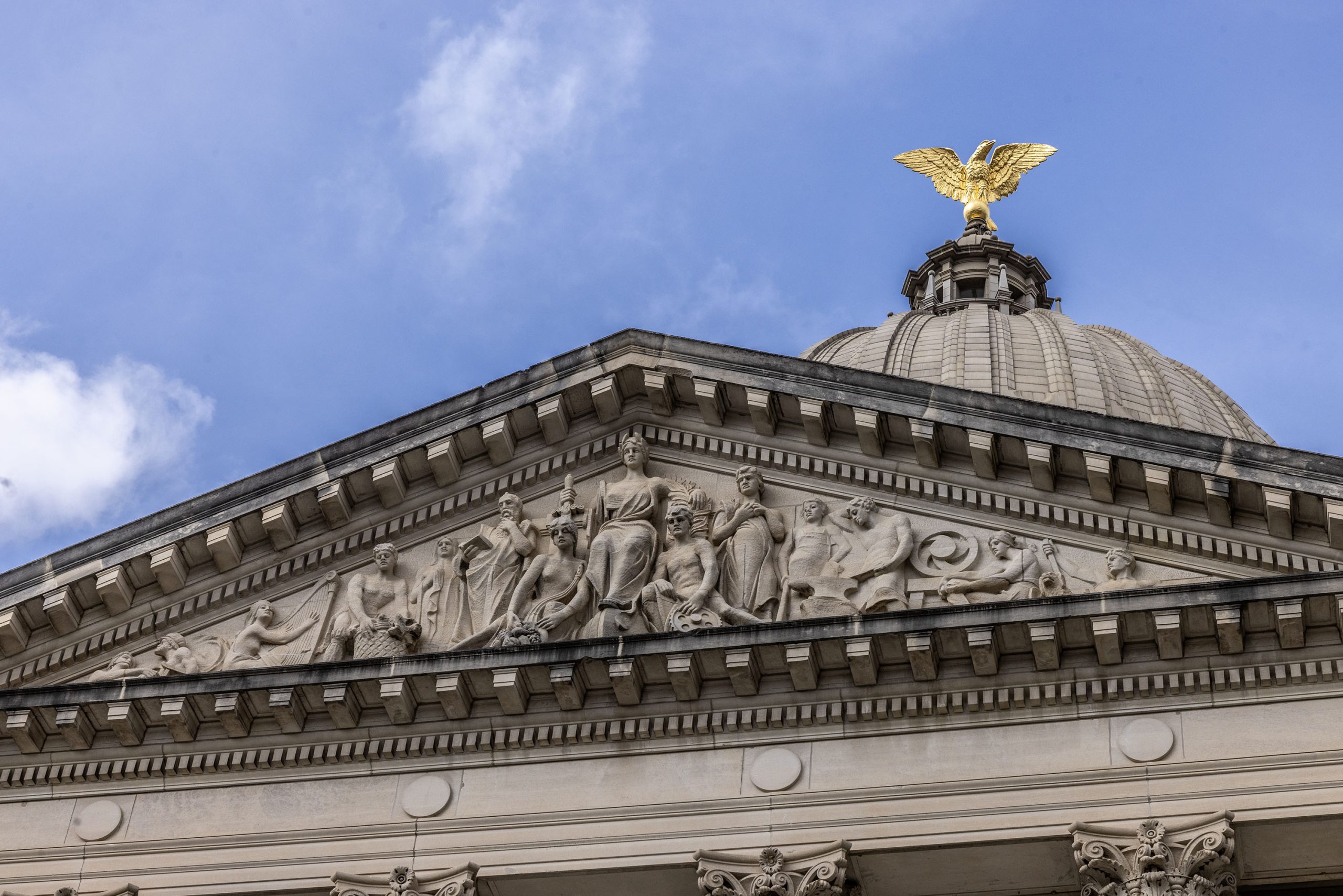School choice – including using tax dollars to pay for private schools – education funding and teacher pay promise to be among the top issues lawmakers discuss in the 2025 legislative session that starts in January.
School choice is a term used for policies that include using public funds for private education to allow families to select from a variety of options. Proponents say it would improve outcomes and give parents greater autonomy over their children’s education.
Opponents of school choice say that the policies take money from already underfunded public schools and give it to private schools with limited oversight or improvement in academic performance.
Trump ed policy may help school choice advocates
Many Mississippi lawmakers support school choice, though several efforts to expand it have failed in the past.
Mississippi already has several types of limited school choice programs, which are intended for students with disabilities, students in foster care, students with parents who are active-duty military, and students from low-income families. There are also 10 Mississippi charter schools, with two more opening next year.
Many special interest groups want to expand the state’s school choice offerings.
Douglas Carswell, president and CEO of the Mississippi Center for Public Policy, says that in January the group will be working to realize its vision for school choice, a universal education savings account program modeled after Arkansas’.
“In order to get value for money and an improvement in standards, you need to give parents and families choices and more control over their child’s education,” said Carswell.
Carswell said Lt. Gov. Delbert Hosemann and some Republican legislators have blocked expansion of school choice in Mississippi. He believes that President-Elect Donald Trump’s education policies would influence anti-school choice Republicans to fall in line.
House Speaker Jason White has said in the past that he generally supports providing public funds to private schools, but that there is not enough support in the House Republican majority to pass such a measure. White also has said he wants to institute open enrollment, meaning students will not have to get approval from their home district to switch to a new public school district.

Senate Education Committee Chairman Dennis DeBar, R-Leakesville, plans to support open enrollment, but said on vouchers and tax credits, “At this point, it’s all in discussion.”
Nancy Loome from The Parents’ Campaign argued in support of public schools as essential community resources. “Mississippi’s public schools are the lifeblood of our communities, providing a rare common rallying point for an otherwise increasingly divided citizenry,” she said.
Loome also argued that school choice programs primarily benefit families who can already afford private schools.
While advocates claim that school choice benefits all schools, it is unclear if this would be true in a state where public schools are historically underfunded.
Will public education be fully funded?
Some question whether the legislature is committed to fully funding public schools again next year.
Last session, Mississippi replaced its old school funding formula with the Mississippi School Funding Formula. MSFF is a weighted and objective funding formula that provides per-student funding. It determines this based on a district’s total enrollment and a base student amount. Weights are added for students who fit certain categories, such as gifted students and English language-learners.
Despite the former school funding formula, the Mississippi Adequate Education Program being set in law, the Legislature seldom met the formula’s full funding amount, shorting it at times by hundreds of millions of dollars a year.
Lawmakers for this school year did fully fund the new MSFF formula, which required an increase in public education spending of about $230 million, bringing the total for the year up to nearly $3 billion. It’s estimated fully funding the new formula again in 2025 would require an increase of about $50 million.

“I anticipate that we will fully fund the formula next session,” said Sen. DeBar.
READ MORE: Lawmakers send MAEP education funding formula rewrite to governor
Erica Jones, executive director of the Mississippi Association of Educators, said the group will be monitoring to ensure that public schools are fully funded.
“We want to continue to work with our legislators to ensure that the public schools here in Mississippi continue to have the funds to be successful,” she said.
Teacher pay, retention an issue
Back in 2022, Mississippi passed a historic teacher pay raise of $5,140 on average per year. Mississippi First’s 2022-23 teacher survey found that since then, inflation and high health insurance premiums have negated the raise’s impact.
DeBar said that another pay raise for teachers is among the issues lawmakers plan to discuss.
“I wouldn’t say the pay raise has been wiped out completely,” he said, “however any time we can provide a pay raise to teachers and teaching assistants, we should do that.”

DeBar said lawmakers also will address teacher shortages in math, science, and special education as well as health insurance premium costs for teachers and their families.
MAE will be pushing for lawmakers to act on the insurance premiums.
“We are asking our legislators to really review our insurance premiums here in the state,” Jones said. “It seems as if every time our educators receive a pay raise, our insurance premiums go up.”
Financial insecurity is one of the factors driving Mississippi’s teacher shortage. Mississippi’s teacher turnover rate in 2023 was 23.3%, higher than the regional average of 18.8%.

